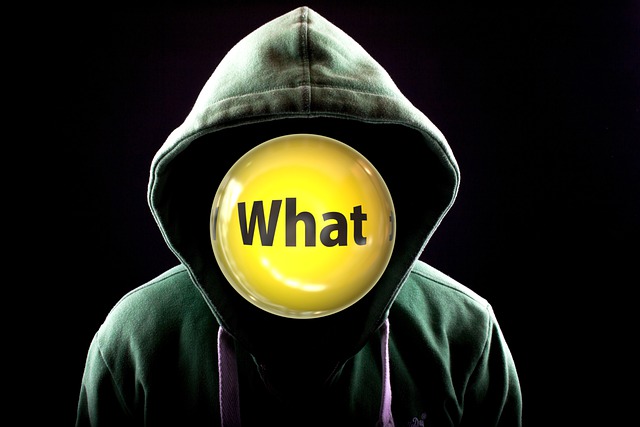A lot of the words we use are repeated phrases. The word “what” unquestionably fits that bill. There is a valid reason for this. The word “what” can be used in a variety of contexts, including as an adverb, a pronoun, an interjection, and a conjunction.
This also holds true when speaking Spanish. In Spanish, the word for “what” is qué, although there are a few additional options that can be used depending on the context. The various ways to say “what” in Spanish are presented in this page.

Here Some Ways for How Do You Say What in Spanish:
Qué
When asked, “what,” in Spanish, is a simple “qué?” In passing, we remarked that qué is typically used to mean “what” in Spanish. Similar to the English question and exclamation mark, qué is used in such contexts as well. Let’s have a look at a few illustrations.
Spanish
- ¡Qué lindo vestido te compraste!
- ¿Qué estás haciendo?
- ¿Qué hora es?
English
-
- What a nice dress you bought!
- What are you doing?
- What time is it?
The query word qué can be be employed in oblique ways, such as in these examples:
Spanish
- No entiendo qué es lo que quieres.
- No me preguntes qué día es hoy.
- María sabe muy bien qué quiere.
English
- I don’t understand what you want.
- Don’t ask me what day it is today.
- María knows very well what she wants.
Qué vs. que
There are instances when Spanish presents challenges. Indeed, that time has come now. To avoid confusion, learn the distinction between qué and que. It’s understandable to confuse the two based on appearance and sound alone.
The word “what” in Spanish is “qué,” but “que” denotes “that” or “which” when there is no accent mark. Example sentences demonstrating the use of que and qué are provided below.
Spanish
- ¿Qué vas a hacer con la casa que esta vacía?
English
- What are you going to do with the house that is empty?
The good news is that they sound identical, so you won’t have to worry about confusing your discussion partner. But it’s something you’ll run into at some point, whether you’re a writer or reader.
Cuál
To ask what something is in Spanish, you can use the term cuál. While “which” is the literal translation of cuál, “what” is also acceptable in some contexts. Here are a few examples of when you might need to use cuál.
Spanish
- ¿Cuál es tu problema?
- ¿Cuál es el mejor restaurante de Buienos Aires?
- ¿Cuál es tu punto?
English
- What’s your problem?
- What’s the best restaurant in Buenos Aires?
- What’s your point?
When should you use cuál and when should you use qué? There is no one universal norm, unfortunately. A more natural accent will emerge as you listen to and study Spanish. Using qué, the most prevalent form of “what” in Spanish, is the safest bet.
Cómo
The Spanish word for “how” can also be used as a synonym for “what” in certain contexts. This is done solely when we wish to show our scepticism about anything we’ve heard or seen. It’s not recommended that you utilise this colloquial form of the query “qué?” outside of more official settings. Here are some illustrations:
Spanish
- ¿Cómo se llama?
- ¿Cómo dijiste?
English
- What is your name?
- What did you say?
Common Expressions With “What”
So many aspects of daily life now include the word “what.” Here are some frequently used idioms in Spanish that contain “what” and should be on your vocabulary list.
Anyway, so what? – ¿y qué?
So what is an interjection used for when one wants to convey a lack of interest in a topic to another person. To be honest, there’s a way to say that that sounds a little… defiant, no? The Spanish word “so what?” is y qué? You can also say y eso qué? or just y to express the same idea. equivalent to saying “AND? ”
Okay, here are some sample conversations:
Spanish
Isabella: Creo que Ana está enojada contigo.
Santiago: ¿Y qué?
Isabella: Está lloviendo demasiado.
Santiago: ¿Y eso qué?
English
Isabella: I think Ana is mad at you
Santiago: So what?
Isabella: It’s raining too much
Santiago: So what?









































